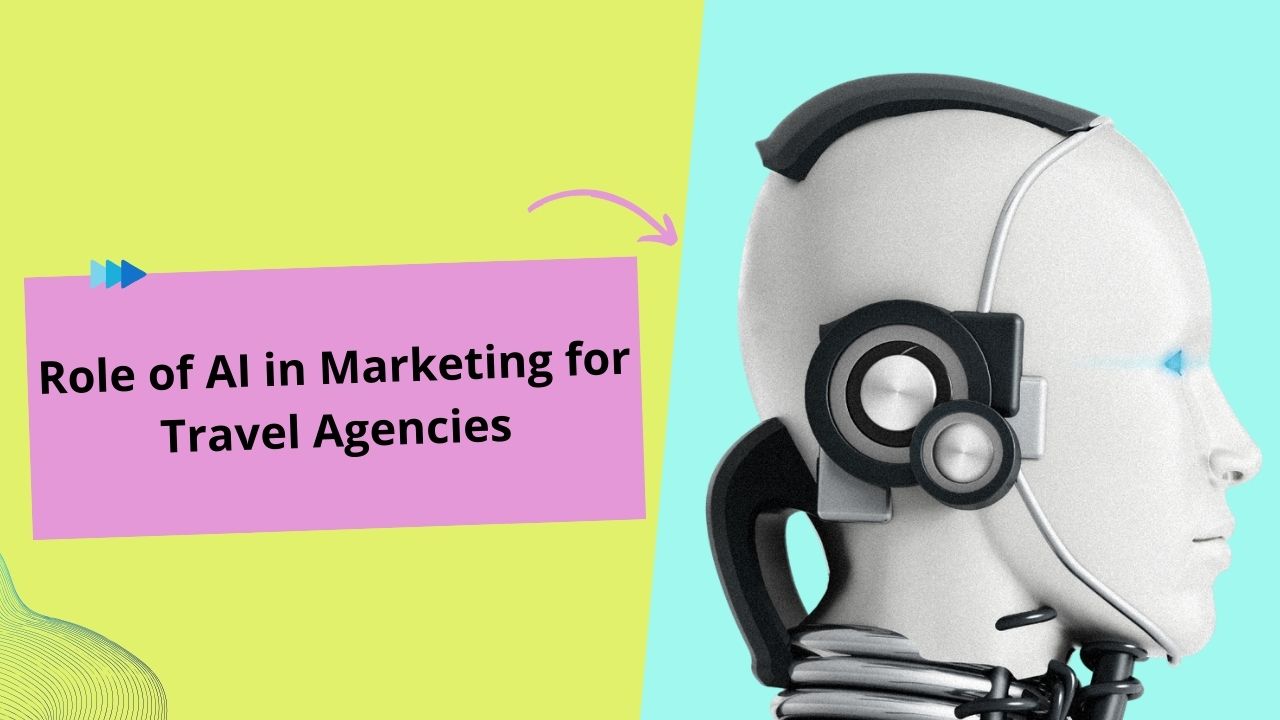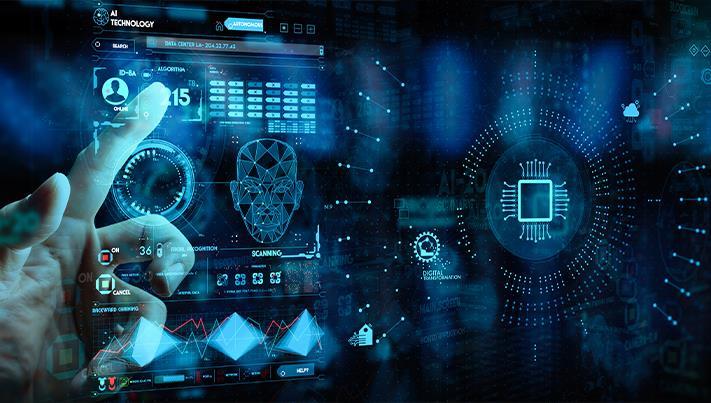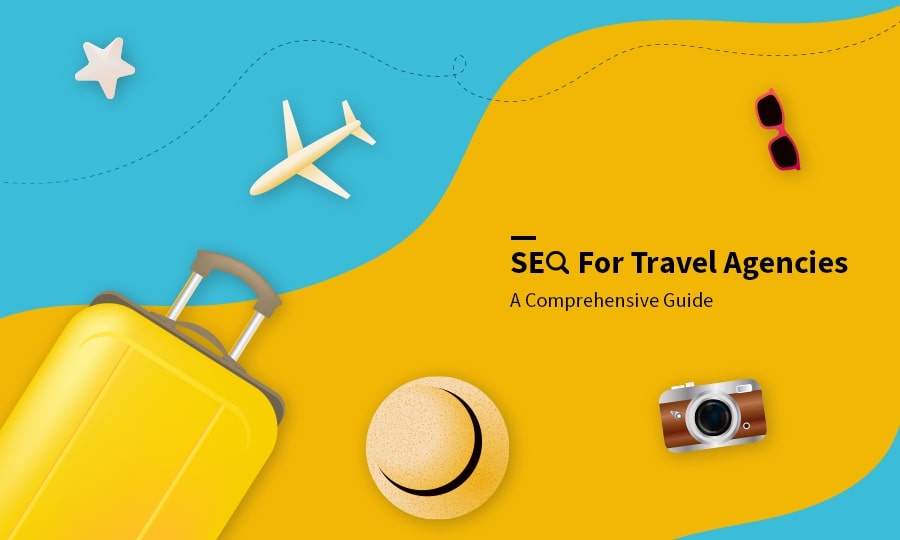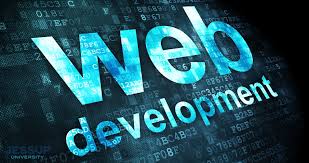
Role of AI in Marketing for Travel Agencies
Travel agencies are a very dynamic business and really the only way to keep ahead of the curve through innovation. Artificial Intelligence(AI) has been the game-changer for travel agencies-one that can boost marketing, create a better experience for the consumer, and optimize functions of the business. This guide will look into how AI changes the marketing landscape for travel agencies and how to exploit it for the best effect.
1. The Concept of AI in Marketing
"A close approximation to creating human intelligence in a machine, programmed to think and learn like a human being" is the definition of AI. In the marketing world, it can also be used for information analysis, predicting outcome, and even automating specific duties. For the travel agencies, AI will fine-tune their process regarding the improvement of marketing strategies, personalization of customer interaction, and better decision-making processes.
2. Better Knowledge of the Customer
AI gives inferences based on millions of customers irrespective of sources involved. They may include social media, online review sites, or even booking behaviors. Travel agencies could know better about the preferences and trends using the machine learning algorithm in this regard.
Behavioral Analysis: AI tools will be able to track all the interactions associated with customers and figure out what they want. Based on such analysis, campaigns can be designed that would strike the specific imagination of a particular segment of customer-based marketing campaigns.
Predictive Analytics: Predictive analytics enable the agencies to attain knowledge as to what actually would be happening in the travel market in the near future too. To illustrate this, if one follows historical data, then an agency will be able to analyze the demand of a customer and accordingly enrich their services.
3. Personalization of Marketing Campaigns
Maybe the greatest strength of AI is a bespoke marketing space. Modern travelers will want something bespoke and attuned to their tastes. Here's how AI can do it:
Dynamic content generation: The AI can now generate content that is personalized to different types of customer segments. For example, a customer who has booked beach holidays repeatedly through your site. Then the AI starts to recommend to the customer a tropical destination and activities that are likely to fit with what the customer wants.
Targeted Advertisement: The AI algorithm would rely on some usage patterns and tendencies of the users to allow targeted advertisements. In this manner, it will send marketing messages to the right target at the right time, thus serving for both engagement and conversion.
4. Chatbots and Customer Service Automation
The application of AI in chatbots has transformed the provision of customer service by the travel industry. Virtual assistants like this one can entertain questions around the clock, thereby allowing for an instant response to clients.
Instant Response: Chatbots can immediately answer frequently asked questions, help book, and even present itineraries with real-time updates. This helps in customer service, where human agents get more free time to deal with more complex matters.
Lead Generation: The chatbots can engage the potential leads on the website of the agency, solicit information from them, qualify them, and therefore means that the sales teams are able to deal only with high-potential leads.
5. Optimizing Pricing Strategies
This is a strategic move for the travel industry as this implies that demand changes in real time and seeks to understand and try to analyze factors like seasonality, competitor pricing, customer demand, and so on to optimize the pricing strategies.
Real-Time Pricing Adjustment Using AI: This involves AI in price adjustment based on real-time market conditions. In this way travel agencies keep staying competitive as they maximize their revenues.
Price Forecasting Models: From the available historic data regarding the price and according to the prevailing market trends, AI can guide the agency in making certain predictions for future pricing so that the authorities could frame appropriate policies related to strategic pricing.
Also Read:- How You Can Build Your Travel Management Team
6. Content Composition and Curation
The right content is an important reason for the potential traveler. The composition and curation of content will be helped through AI so that the whole process becomes more efficient for travel agencies.
Automatic: It can automatically generate articles on travel, guides to places, and social media posts on topics or keywords that you have given. So, this will save you plenty of time and energy while offering a constant flow of new content.
Content Curation: AI learns customer preferences, will track the types of information that should be delivered to the user operation, and will recommend relatable and feasible content on source types-all that travel agencies can use in relation to delivering relevant information that resonates with their audience.
7. Social Media Monitoring and Engagement
Travel agencies can attract customers directly through social media. AI makes easy tracking of activities of agencies on different social media platforms and doing sentiment analysis, hence fruitful interaction with travelers.
Sentiment Analysis: AI on any post or comment of social media can assemble the sentiment from the customer towards any thought on specific destinations or services. This will help agencies track public perception and adjust marketing strategies accordingly.
Automatic Engagement: AI tools can automatically respond to consumer questions on social media, thus ensuring timely engagement and enhancing the agency's online presence.
8. Improved Email Marketing Campaign
Email is one of the greatest assets for any travel agency. AI will revamp campaign efforts with content personalization and improvement in rates of engagement.
Personalized content of your email: AI is intelligent enough to know what a customer is doing and how they are behaving, which allows you to send really targeted emails with the right offers, recommendations, and content that you believe will engage with them. Emails sent in such a personalized nature have more open rates and click-through rates thus converting more.
Predictive sending: Here, AI would be able to work out the best times to send an email based on the behavior of the customers, and this means that the messages will come at a time when they will engage in utmost possibility.
9. Data-Driven Decision Making
Travel agencies would make smart decisions and not instinctive decisions through the power of artificial intelligence. AI tools will allow agencies to understand their trends, evaluate their performances, and optimize strategies.
Performance metrics: AI will measure how good or bad a marketing campaign is performing, so they will not be dark since they will know what should be done and what not to do by fine-tuning the data-driven strategy for a better outcome.
Market research: That would mean that agencies have to go through massive datasets to be able to find insights about the trends in the market as well as competitor activities, keeping them ahead of the game.
10. Operation Optimization
Besides marketing activity improvement, AI can also aid various in-house operations of the travel agencies to become more efficient.
Booking Process Management: AI can automate the booking process and remove all the manual errors, making it even smoother and efficient for the clients and staff alike.
Resource Optimization: AI can check the workload and demand for customers in order to optimize the resources. This will enable agencies to react rather promptly to customer requests.
11. Building Brand Loyalty
AI allows developing brand loyalty among the travelers. Travel agencies are able to establish long-term relationships with their clients if they are able to offer personalized experiences, fine customer service.
Personalized Recommendations: AI can scrutinize past travel behavior and so offer recommendations for future trips in a personalized way. This method of personalization develops good exposure and business.
Optimizing Loyalty: Using AI, it is possible to design and optimize loyalty programs based on customers' preference and behaviors. It will be much easier for the agencies to remind the loyal travelers about rewards.
12. Ethical Considerations
Although the advantages of AI are significant in the travel marketing environment, there are ethical considerations. Agencies must ensure that customers' data is treated responsibly and transparently.
Data privacy: must be maintained and adhered to, like the GDPR. Data usage transparency establishes trust with customers.
Bias in AI: Agencies must be aware of biases in the AI algorithms affecting customer interaction. Such biases will have to be audited regularly and adjusted.
Conclusion
AI is going to revolutionize the marketing landscape of the travel agency, giving agencies the capacity to improve customer experiences, minimize operational inefficiencies, and spur revenue. Agencies can allow valuable insights, personalization of marketing messages, and efficient processes through proper AI technologies. As the travel industry continues to evolve, embracing AI will be quite vital in remaining competitive and meeting the new travel requirements of travelers.
Adding AI to the strategies of marketing will not only contribute to efficiency but also give travel agencies a chance to strengthen relationships with their customers. That is, keeping ethics and security of data in mind, agencies can benefit themselves from AI and would continue to have a strong relationship with the customers. So, here is the future of travel marketing, as evolved through AI.
Also Read:- How to Create a Travel Website in Budget

 Start your Travel Business with Our 7 Day Free Trial Website!
Start your Travel Business with Our 7 Day Free Trial Website!





